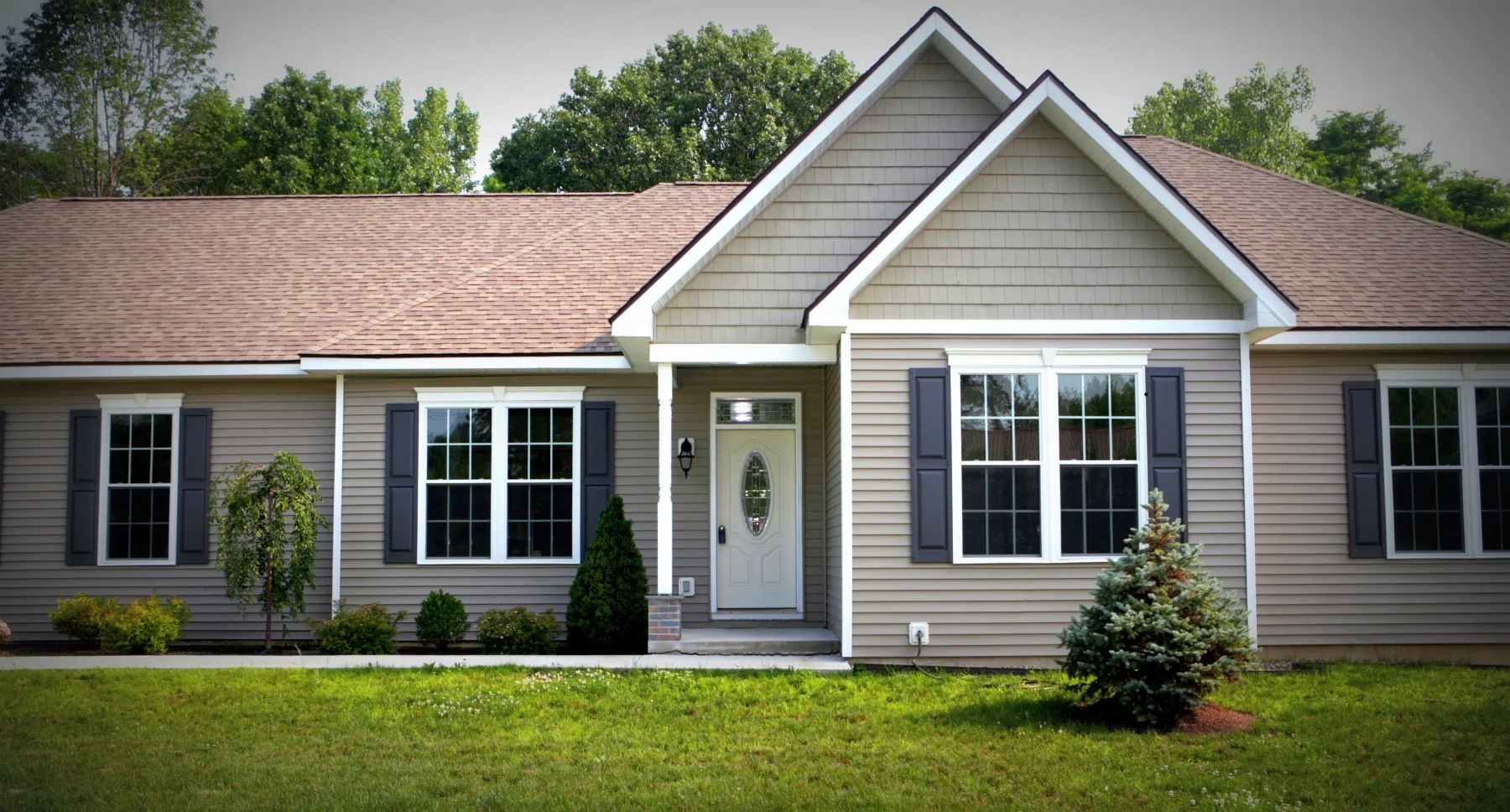8 tips for buying a Raleigh, NC foreclosure
When you take a loan from a bank with your house as collateral, and when you stop making the loan repayments suddenly, the lender initiates a legal process known as foreclosure. In this process, the collateral (your house) is forcefully put on sale through auctions so that the lender can recover the loan.
When you are looking to invest in real estate in Raleigh, these low-priced foreclosed assets might catch your attention. However, can you buy them blindly just because they cost lesser than other properties? No; you need to remember these 8 tips before buying a foreclosure.
1. Understand what you’re making an offer on Never believe the pictures blindly when you decide to buy a foreclosed property. You should take the trouble of going to the location of that particular property and inspecting it personally before you decide to make an offer. On the other hand, establishing a relationship with the right real estate agent can allow you the freedom of making an offer without seeing it. Sometimes it’s important to be able to get an offer in on a foreclosure immediately. In this case, you can have your agent view the property and even do a Skype call or FaceTime call with you. The beauty of this kind of technology is that it can allow you to purchase a home in Raleigh North Carolina even if you are located at the beach at Santa Rosa Beach Florida. Then, you can make your offer, get accepted, and then view it personally once you are under contract. Most of the time you will have an inspection. During the inspection period you can do 2 things. First, hire a professional inspector to go through the property. Second, you will have time to view the property in person if you would like. You can then compare the quality of the property against the price offered and do a thorough cost-benefit analysis to arrive at the final decision.
2. Consider the extra costs involved Yes, a foreclosure might cost you less than other properties in the same locality. However, there is more to these properties than low prices. They might be in dire need of repairs or renovation work that might cost you more than you expect. When you put together the maintenance costs and the actual cost of the property, you may be surprised to know that the total cost exceeds the actual market value. So, make a qualified decision by comparing the house with the extra costs that you might have to take from your pocket to get the house in a habitable condition. Take all of this into consideration when making your offer.
3. Work out on the financing One of the common mistakes that buyers commit is that they think they can sort out the finances after choosing the property. The right way to do it is to get a qualification letter from the lender ( a bank or mortgage broker) about the loan that you are eligible for based on your income and credibility. Once you have this qualification letter ready, you can look for properties in the price range that you can afford and feel comfortable paying. If you’re going to be a cash buyer you should have proof of funds ready to go. Either have a bank statement, letter from an accountant, or letter from financial advisor prepared to you do not have to scramble at the last minute for one. Many times a bank will require having a prequalification letter or proof of funds to submit an offer. This goes back to an earlier statement about being able to make an offer quickly. Sometimes you may want to be able to put an offer in the first day on the market. If you do not have your financing or proof of funds in order you may miss the boat on some of the best properties..
4. Assess the neighborhood When you conduct a personal inspection of the house, you have to conduct a detailed check of the neighborhood as well. Is the house in a barren area? Are there houses or shops around? How far or near should you go to reach schools, hospitals, and other public amenities? How is the crime history of the place? How safe is the area at night? These are some questions that you have to ask yourself before you make the final decision. A house may come with a very low price, but it is not worth good money if you’re going to be in an area not appealing to live, isn’t it?
5. Hire professional home inspectors Sometimes, cracks and leaks that are located in the remote areas may not be visible to the naked eye. This is where professional home inspectors come to your rescue. Choose the ones that are authorized by reputed organizations like the ASHI (American Society of Home Inspectors). These professionals are highly experienced and use sophisticated tools to analyze your house fully. After their process, they submit a detailed report to you with facts and figures explaining the condition of the house, the state of repairs it has and the estimated cost of repairs for the same. This will give you an idea if the house is worth the offered price. Foreclosures and distressed properties can many times have problems that typical houses don’t. Let a trained eye do the proper inspections needed.
6. Has it been vacant for long? This is an important question that you shouldn’t forget to ask when you inspect the property that you have set your eyes on. If the house has been vacant for a long time, it could mean many things like damp walls (or even mold), rooms full of dust, corners infested with ants and moths, rusted pipes, dry taps, damaged heating & cooling system, etc. It might create a huge dent in your pocket if you proceed to set right these repairs. Hence, it is always recommended that you find out when the last tenant or homeowner was living in the property or if the bank kept the power on after they left.
7. Get the help of a foreclosure specialist The banks that initiate the foreclosure appoint their respective agents to deal with interested buyers. However, most of the times, there are too many interested contenders for one particular piece of property. So, it may not be possible for the bank’s agent to give you personalized attention and answer all your queries. This is why it becomes imperative for you to hire a private real estate agent who is an expert in foreclosures. Yes, you might have to pay him extra brokerage; however, it is worth the careful detailing and negotiation that he does on your behalf.
8. See the bigger picture You may want to invest in a foreclosed property and leave it on rent after doing the necessary repairs. You have money set aside to make repairs or needed updating after purchasing the property? If you plan on renting the property can you afford to leave it on rented for the amount of time it will take to get it rental ready? Before buying a foreclosure, you should always think of these questions and get the big picture in your mind. If the house doesn’t get a tenant once the property is ready, can you afford to live pay the mortgage or bills yourself? Think of all practical solutions and go ahead with your decision only if you think that the house would be financially viable for you in the future. They should look at the finer aspects of the property instead of getting blinded by the low prices that are attached to it. Buying a foreclosure or REO can be a good thing for most people as long as they understand what they’re getting into before hand. Plan appropriately and have the right agent on your side.

